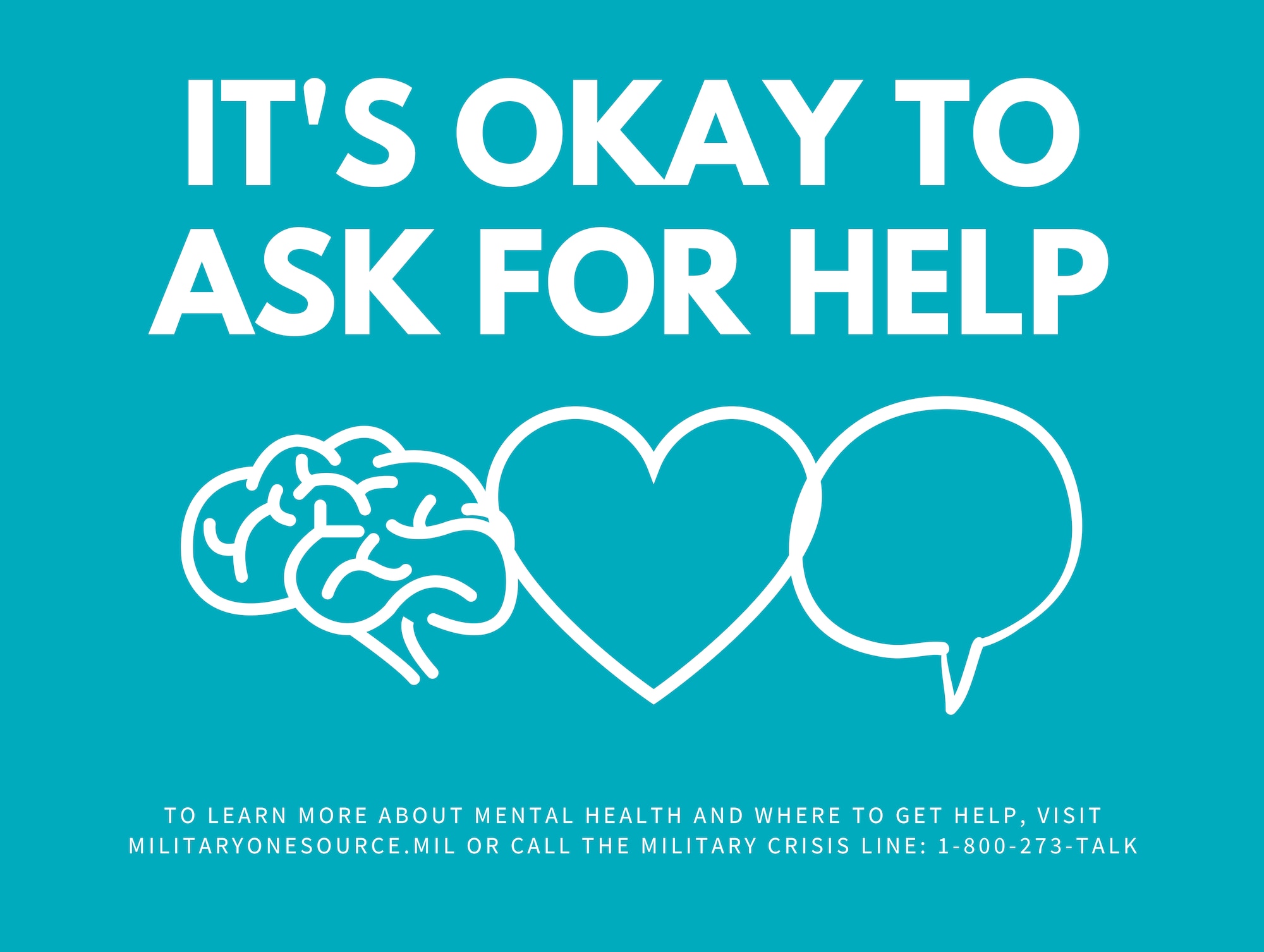If you grew up with emotionally abusive or absent parents, you may have missed out on a lot of things that most people take for granted. You may not have learned how to take care of yourself, how to manage your emotions, how to communicate effectively, how to form healthy relationships, or how to pursue your goals. You may also have low self-esteem, trust issues, anxiety, depression, or other mental health problems.
But it’s never too late to heal from your past and catch up on the skills you need to thrive in life. Here are some steps you can take to start your journey of recovery and growth.
1. Acknowledge that you were abused. Recognize that what you experienced was not normal, not your fault, and not something you deserved. Emotional abuse can take many forms, such as neglect, criticism, manipulation, gaslighting, humiliation, isolation, or threats. It can cause lasting damage to your sense of self, your emotions, and your relationships. You may have internalized the messages that your parents gave you, such as that you are worthless, unlovable, incompetent, or flawed. But these are lies, and you need to challenge them and replace them with positive affirmations.

2. Seek professional help. The next step is to locate a therapist who can assist you in processing your trauma, healing your wounds, and developing coping skills. Therapy can provide you with a safe and supportive space to explore your feelings, thoughts, and behaviors, and to understand how they are related to your childhood experiences. A therapist can also help you set realistic goals and provide guidance and feedback along the way. Therapy is not a sign of weakness, but a sign of strength and courage. You don’t have to do this alone.
3. Find a supportive community. Step three involves surrounding yourself with supportive individuals who genuinely care about your well-being and are eager to assist you. You may have friends, family, or other people who can offer you emotional support, practical advice, or positive feedback. You can also join online or offline groups, such as support groups, self-help groups, hobby groups, or volunteer groups. These can provide you with social interaction, a sense of belonging, and opportunities to learn from others and share your own experiences and perspectives.
4. Practice self-care. Take care of your physical, mental, and emotional needs. You can do this by eating well, sleeping well, exercising regularly, meditating, relaxing, and having fun. You can also do things that make you feel good about yourself, such as learning new skills, pursuing your interests, or expressing your creativity. Self-care is not selfish, but essential. You deserve to be happy and healthy.
5. Learn life skills. Catch up on missed skills. You can do this by reading books, watching videos, taking courses, or asking for help from others. Some of the skills that you may want to learn include:
– Cooking: how to prepare healthy and delicious meals for yourself and others, such as following recipes, using kitchen tools, or planning menus.
– Cleaning: how to maintain your home and belongings, such as dusting, vacuuming, washing dishes, or repairing things.
– Budgeting: how to manage your money and finances, such as tracking your income and expenses, saving, investing, or paying bills.
– Time management: how to organize your time and tasks, such as setting priorities, making schedules, meeting deadlines, or avoiding procrastination.
– Communication: how to express yourself and listen to others, such as speaking, writing, reading, or using body language.
– Relationships: how to form and maintain healthy and respectful connections with others, such as making friends, dating, setting boundaries, resolving conflicts, or giving and receiving feedback.
– Goals: how to identify and pursue your dreams and aspirations, such as finding your passion, making plans, taking action, or overcoming obstacles.
6. Be patient and compassionate with yourself. The sixth step is to remember that healing and learning are not linear processes, but journeys with ups and downs. You may encounter setbacks, challenges, or frustrations along the way. But don’t give up. Don’t compare yourself to others, or judge yourself harshly. Celebrate your progress, no matter how small. Remember that you are doing the best you can and that you are worthy of love and respect.
You have a lot of potential, and you can achieve anything you set your mind to. You are not defined by your past but by your present and future. You are not alone but surrounded by people who care. You are not hopeless, but hopeful. You are not a victim, but a survivor. You are not a failure, but a success. You are not a problem, but a solution. You are not a tool, but a human being.
Related posts:
15 Signs You Had An Emotionally Abusive Parent But Didn’t … – Bustle
My abusive parents won’t admit what they’ve done. How can I let go of …
9 Adult Behaviors of Someone That Had Emotionally Unavailable Parents …




